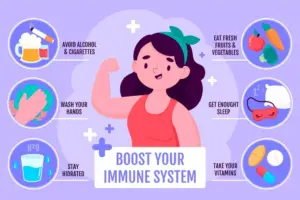Tears play several significant roles in your body. In addition to keeping your eyes lubricated, they also help to remove foreign particles and dust from your eyes. Additionally, they protect you from infections as part of your immune system.
Tears are produced by glands under your upper eyelids, and they contain water and salt. Blinking spreads tears, keeping your eyes moist. You have other glands that produce oils that stop tears from evaporating or spilling out.
Normally, tears drain through your tear ducts, and then evaporate. Too many tears can overload your tear ducts, resulting in watery eyes.
Most cases of watery eyes resolve without treatment, but a chronic condition can sometimes develop.
To discuss diagnosis and treatment options, please book an appointment with our specialist.
To learn more about watery eyes, please click on:
Dr Ibrahim Yahli MD MRCPsych



